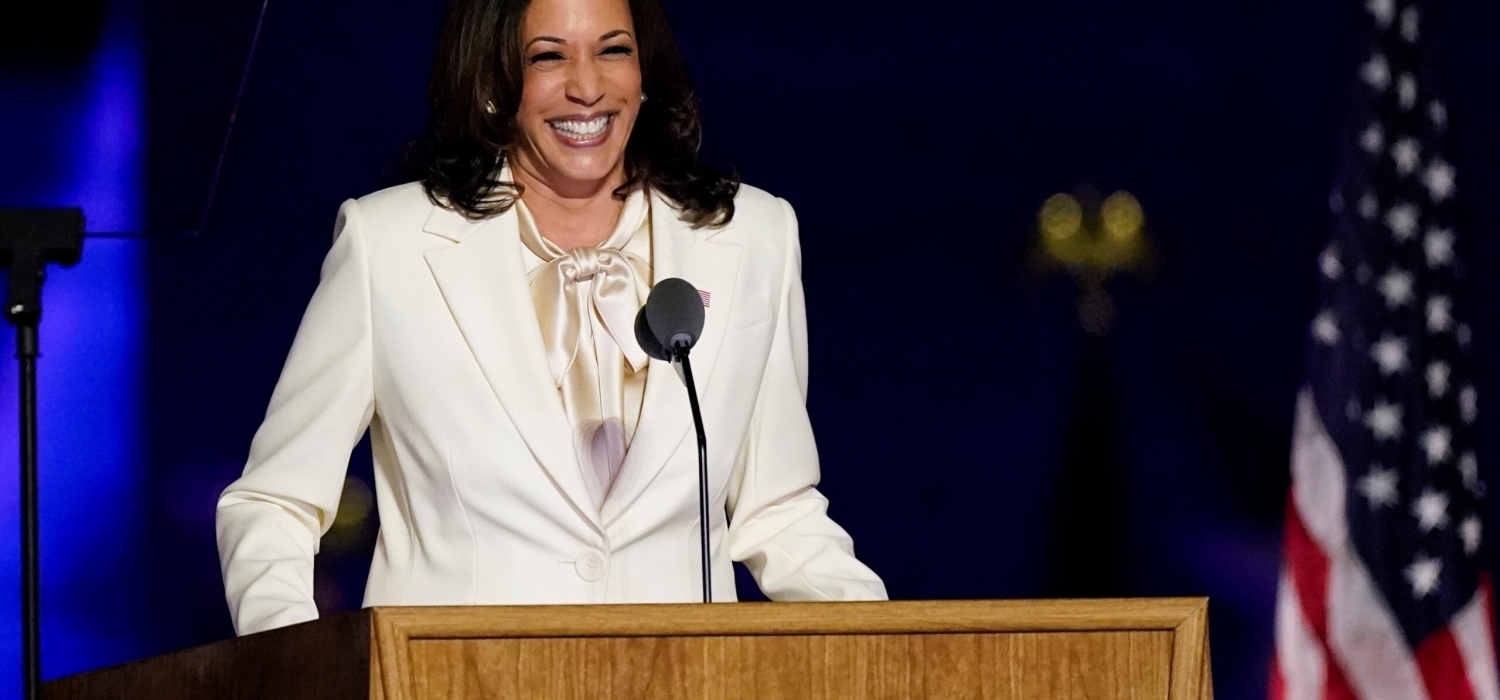It is too soon to know the details of presumptive Democratic presidential nominee Kamala Harris’s 2024 tax agenda. But her record as a US senator and her short-lived 2020 presidential candidacy shows that she has strongly supported using the tax code to advance social and economic ends, such as ending child poverty and addressing global climate change.
Lawmakers have always used taxes for one of two purposes: Either to achieve policy goals directly or to raise the revenue needed to fund spending aimed at accomplishing those ends. But recent years have seen an acceleration in the former, including 2022’s Inflation Reduction Act green energy incentives.
While Sen. Harris proposed to create or expand government spending programs for health care and other big ideas, she also was a frequent advocate of tax incentives to encourage or discourage behavior.
LIFT Act and Other Tax Initiatives
Harris’s signature proposal as senator was the LIFT Act, which would have established a refundable tax credit that matched earnings of up to $3,000 for unmarried workers and up to $6,000 for married workers. The credit would have benefited those with adjusted gross income up to $50,000 if single and $100,000 for married couples.
The plan, which would have cost about $3 trillion over a decade, went nowhere. And these days Democrats seem more interested in credits that go to all low-income households, regardless of work status. Still, LIFT was an exceedingly ambitious tax benefit aimed at boosting incomes for tens of millions of low- and moderate-income families.
In another tax initiative aimed at helping low- and moderate-income households, Harris proposed a refundable tax credit to assist those who spend 30 percent or more of their income on rent.
She also backed several ideas aimed at encouraging businesses and consumers to purchase or produce more green energy products. Versions of some of these ideas made it into the Biden-era’s Inflation Reduction Act (IRA), including electric vehicle tax credits and more generous tax credits for other renewable and clean energy initiatives.
Beyond supporting alternative energy, Harris also wanted to give rural businesses a $10,000 tax credit for each newly hired full-time employee. The credit would be capped at $250,000 annually at each business location and up to $100,000 over 10 years for each employee.
Just as she favored tax breaks to encourage certain behavior, Harris was not shy about using taxes to discourage economic activity she did not favor. For example, she proposed legislation to end tax preferences for fossil fuels and to prohibit pharmaceutical companies from deducting direct-to-consumer advertising costs.
What would Harris do about the 2017 Tax Cuts and Jobs Act (TCJA)? It will be a top priority for whomever is president in 2025 since nearly all of its individual provisions and some of its corporate provisions expire at the end of next year.
Harris voted against the TCJA in 2017, as did all Senate Democrats and Independents. She has, at various times, talked about repealing the entire law, allowing its tax cuts to expire only for the highest-income 1 percent of households, or repealing the TCJA’s tax cuts for large corporations. Like President Biden, she has vowed to protect households making $400,000 or less from tax hikes in 2025.
She’s also favored taxing capital gains at the same rates as ordinary income, proposed raising taxes on foreign income of US-based multinational corporations, and backed a financial transactions tax.
In addition, Harris proposed a 100 percent tax on excess drug company profits.
Harris also favored government spending as a policy tool. Her most ambitious idea was to endorse a scaled-down version of the Medicare for All universal health plan proposed by Sen. Bernie Sanders (I-VT). The Sanders plan would have been enormously expensive, according to a joint Urban Institute-Tax Policy Center analysis.
Harris would have partially funded her health plan with a 4 percent income-based premium for those making $100,000 or more. She did not specify other tax increases or spending cuts sufficient to pay for her ambitious plan.
It remains to be seen whether Harris will develop a detailed tax policy plank in what necessarily will be a highly compressed presidential campaign. But if her past record is any indication, a President Harris would be a strong proponent for using the tax code to achieve her policy goals.






